Wednesday, March 4 — William Black
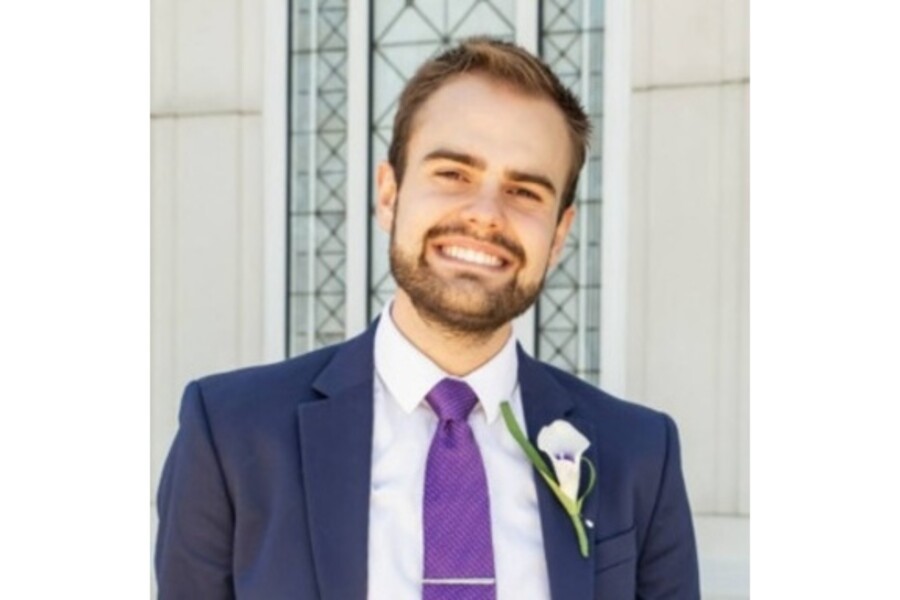
Affiliation: BYU Physics and Astronomy
Time:
4:00 PM
Location:
C215 ESC
or Live Online
Red Dragon, Blue Dragon: Modeling Galaxy Clusters in the Cosmic Web
At the largest scales, galaxies cluster together in nodes connected by filaments, like a cosmic web. At those nodes reside galaxy clusters—the largest gravitationally bound structures in the universe. Their distribution—both in mass and in space—depends on the contents of our universe: its cosmology. By estimating cluster mass, we can then measure cosmological parameters, like the fraction of energy in our universe that is matter.
While nearby clusters can be weighed using velocity dispersion or gravitational lensing, we can only use proxies to estimate masses of distant clusters. Optical richness counts galaxies in a cluster: the count of red, quiescent galaxies scales with virialized cluster mass while the count of blue, star-forming galaxies scales with cluster accretion rate. Traditional richness estimators use hard cuts in color to exclude background galaxies along with the blue population, focusing only on the brightest quiescent members of the cluster for this mass proxy.
I use Red Dragon—a redshift-evolving Gaussian mixture model—to jointly characterize both red and blue galaxy populations. Red Dragon’s probabilistic modeling of the populations reduces systematic uncertainties in optical mass proxies, thereby improving cluster-based cosmological measurements. As Red Dragon is fully parameterized, it can be interpreted, revealing insights into cluster growth, virialization, and galaxy evolution in the cosmic web. This study of galaxy populations bridges astrophysics and cosmology, deepening our understanding of structure formation in the universe.
Biographical Sketch:
Dr. William K. Black received his BS in physics from Brigham Young University simulating primordial black holes and his PhD in physics at the University of Michigan studying galaxy clusters and physics education research. He currently works as a postdoctoral researcher at BYU, using numerical relativity to simulate binary black hole inspirals, measuring the resulting gravitational waves from extreme systems. He moonlights as a brown dwarf astrophysicist and learning analytics researcher.
Wednesday, March 11 — Eric Gibbs
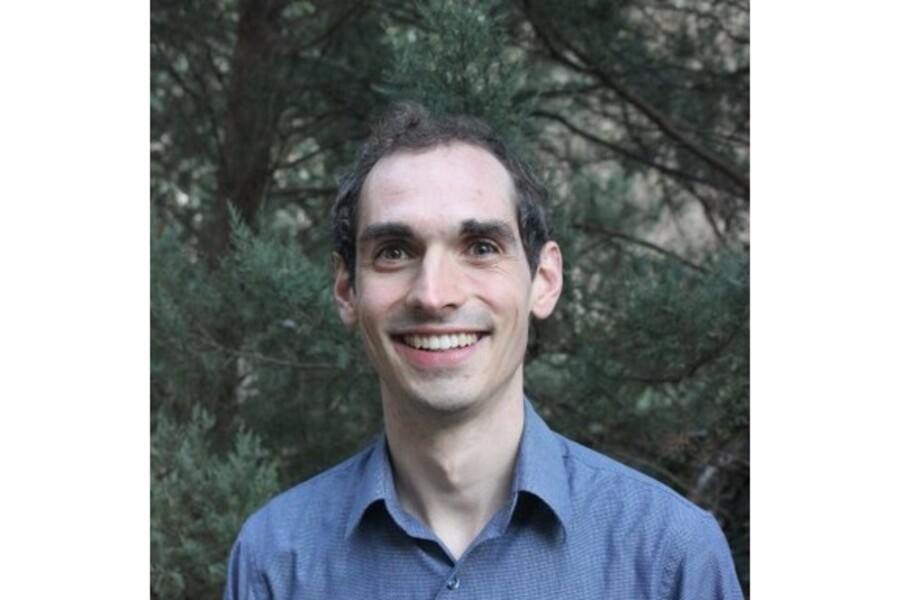
Affiliation: Case Western Reserve
Time:
4:00 PM
Location:
C215 ESC
or Live Online
From static images to functional models: Using cryo-EM to reveal dynamic protein machines
Recent advances in structural biology such as cryo-electron microscopy (cryo-EM) and artificial intelligence have radically advanced our ability to visualize molecular protein structures. In this colloquium, I will first highlight how fundamental physical and mathematical principles in imaging, signal processing, and thermodynamics have enabled this biological triumph. I will then turn to the emerging frontier: linking the thermodynamic sampling of protein ensembles to biological function. Proteins are not static objects, but dynamic systems that explore complex energy landscapes through conformational changes and protein–protein interactions. I will outline how cryo-EM is addressing these frontiers through two stories from my research. The first involves a viral polymerase that leverages viral and host proteins to guide itself into a functional protein complex. The second demonstrates how an ion channel transduces chemical signals into electrical signals by sampling various conformational states. A common theme is how physics and biology intertwine in generating the relevant experimental data and interpreting the final results.
Biographical Sketch:
Dr. Eric Gibbs received his B.S. in physics from Brigham Young University in 2013. His undergraduate research investigated using symmetry mode analysis to characterize magnetic crystal structures under the guidance of Dr. Branton Campbell. In 2019, Eric obtained his PhD from Duke University in Biomedical Engineering under the guidance of Dr. Chunlei Liu. The Liu lab studies how MRI technology interfaces with molecular processes and Eric’s thesis work focused on exploring the use of radiofrequency waves to modulate ion channel activity. Since then, Eric has pursued postdoctoral research under Dr. Sudha Chakrapani at Case Western Reserve University. His primary focus has been using cryo-EM to study the structure and function of proteins with a particular emphasis on synaptic signaling.
Wednesday, March 18 — David Cullen

Affiliation: ORNL
Time:
4:00 PM
Location:
C215 ESC
or Live Online
Electron Microscopy
Wednesday, March 25 — Joe Jensen
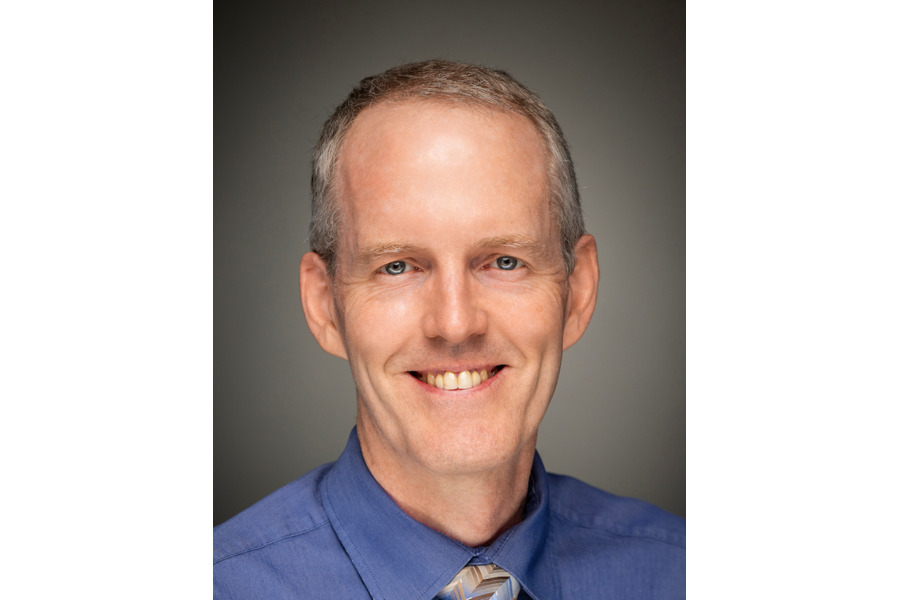
Affiliation: UVU
Time:
4:00 PM
Location:
C215 ESC
or Live Online
Addressing the Hubble Tension with JWST
The sharp conflict between the current expansion rate of the universe (the Hubble constant, or H0) measured using the local extragalactic distance ladder and the value of H0 derived from the cosmic microwave background has the potential to reveal the presence of additional physics beyond the LCDM standard model of cosmology, so reducing and eliminating sources of systematic uncertainty in the local distance scale is of paramount importance. I will describe our efforts to calibrate the surface brightness fluctuation technique using the tip of the red giant branch to enable measurements of H0 at distances beyond 200 Mpc with JWST while minimizing systematic uncertainties. The results of our TRGB+SBF project are completely independent of the Cepheid+supernova distance ladder and form one of the key components of a new “Distance Network” that has now been used to accurately assess the covariances between various distance measurements and techniques. The Distance Network results reaffirm the reality of the Hubble tension at the 6-sigma level and further reduce the systematic uncertainties on H0, providing evidence that additional physics beyond cold dark matter and traditional dark energy may exist.
Biographical Sketch:
Dr. Joseph Jensen is an astronomy professor in the Physics Department at Utah Valley University. He currently uses the Hubble and James Webb Space Telescopes to study the size and expansion rate of the universe by measuring distances to galaxies hundreds of millions of light years away. He received his Ph.D. in astronomy from the University of Hawaii at Manoa. Dr. Jensen worked at the Gemini Observatory for 12 years during the construction and commissioning of the twin telescopes. Dr. Jensen has been at UVU for 16 years and works with undergraduate students on optical and infrared imaging projects in cosmology.
Wednesday, April 1 — Raman Sundrum

Affiliation: University of Maryland
Time:
4:00 PM
Location:
C215 ESC
or Live Online
Wednesday, April 8 — Daniel Lerch
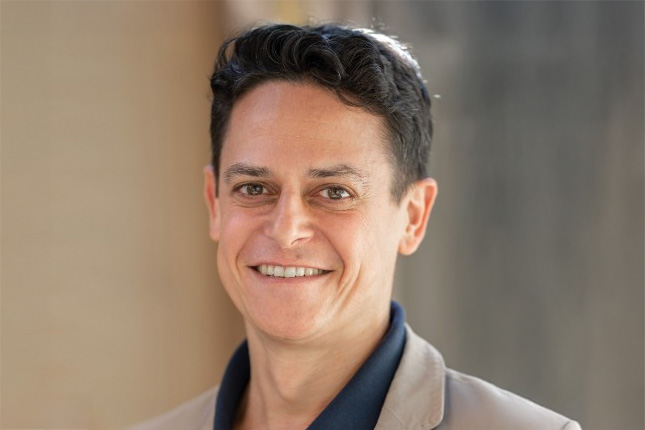
Affiliation: Siemens Corp
Time:
4:00 PM
Location:
C215 ESC
or Live Online
Wednesday, April 15 — James Orgill
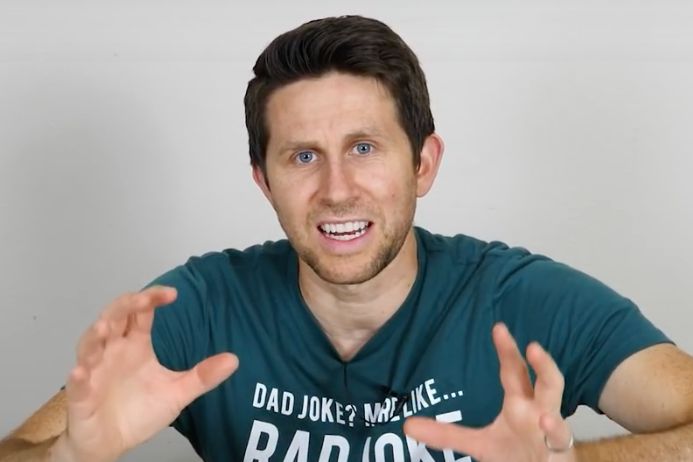
Affiliation:
Time:
4:00 PM
Location:
C215 ESC
Wednesday, September 9 — Ming Yi
Affiliation:
Time:
4:00 PM
Location:
C215 ESC
Wednesday, September 16 — Kent Gee
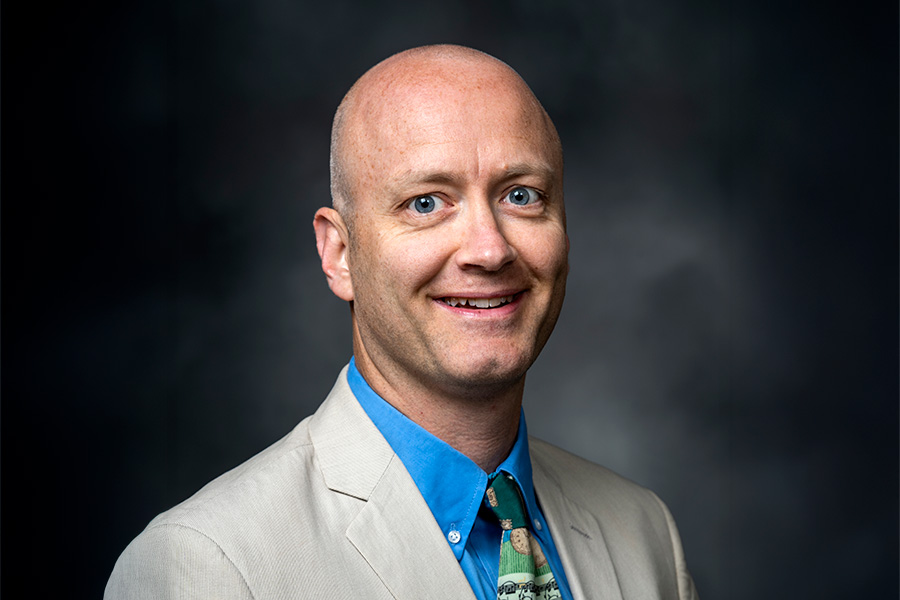
Affiliation: BYU Physics and Astronomy
Time:
4:00 PM
Location:
C215 ESC
We welcome anyone who wish to attend, and typically serve refreshments ten minutes before the colloquium begins. Speakers generally keep their presentation accessible to undergraduate physics students.